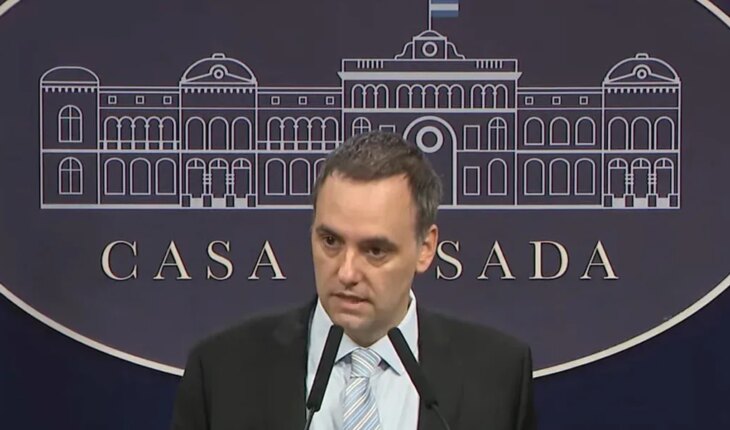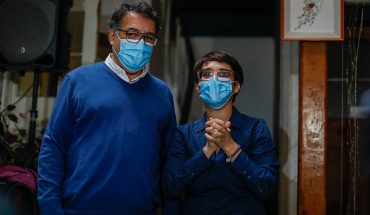The government questioned the CGT after the workers’ federation called for a general strike on January 24 against the DNU on economic deregulation and the Omnibus Law that President Javier Milei sent this week to Congress. It draws our attention because this same leadership made its last strike in 2019, when the truth is that during the previous administration, which did not go on strike, workers did not stop losing purchasing power and inflation was around 900%, it is striking that those who defend workers’ rights have not received in four years what they are receiving in 17 days of government. His defense of workers’ rights may be biased by some other interests,” presidential spokesman Manuel Adorni said at a press conference on Friday.The official considered it “striking” that in this economic context, which he defined as “critical,” the union leadership opposes the reforms proposed by the government for the world of work. “We are struck by the fact that in this context it is not understood that the labor scheme also deserves modernization,” he said. It also marked the speed with which the workers’ federation called for a general strike. “It’s unprecedented,” Adorni said. “We should all be aware that the legacy that this government received is brutal, and the vast majority of Argentines understand the situation and that this problem can be solved by working and not by stopping or blocking streets,” he emphasized. It has been ten years since Argentina has created quality private employment. The only thing that grew were informal or state jobs. To believe that this dynamic, at least for the last 10 years, is not related to labor regulations, catches our attention,” Adorni insisted. And he added: “We find it striking that this is not the same reading made by the union leadership that represents the workers.”
Government questioned CGT over strike: “Its defence of workers may be biased by other interests”
December 29, 2023 |





